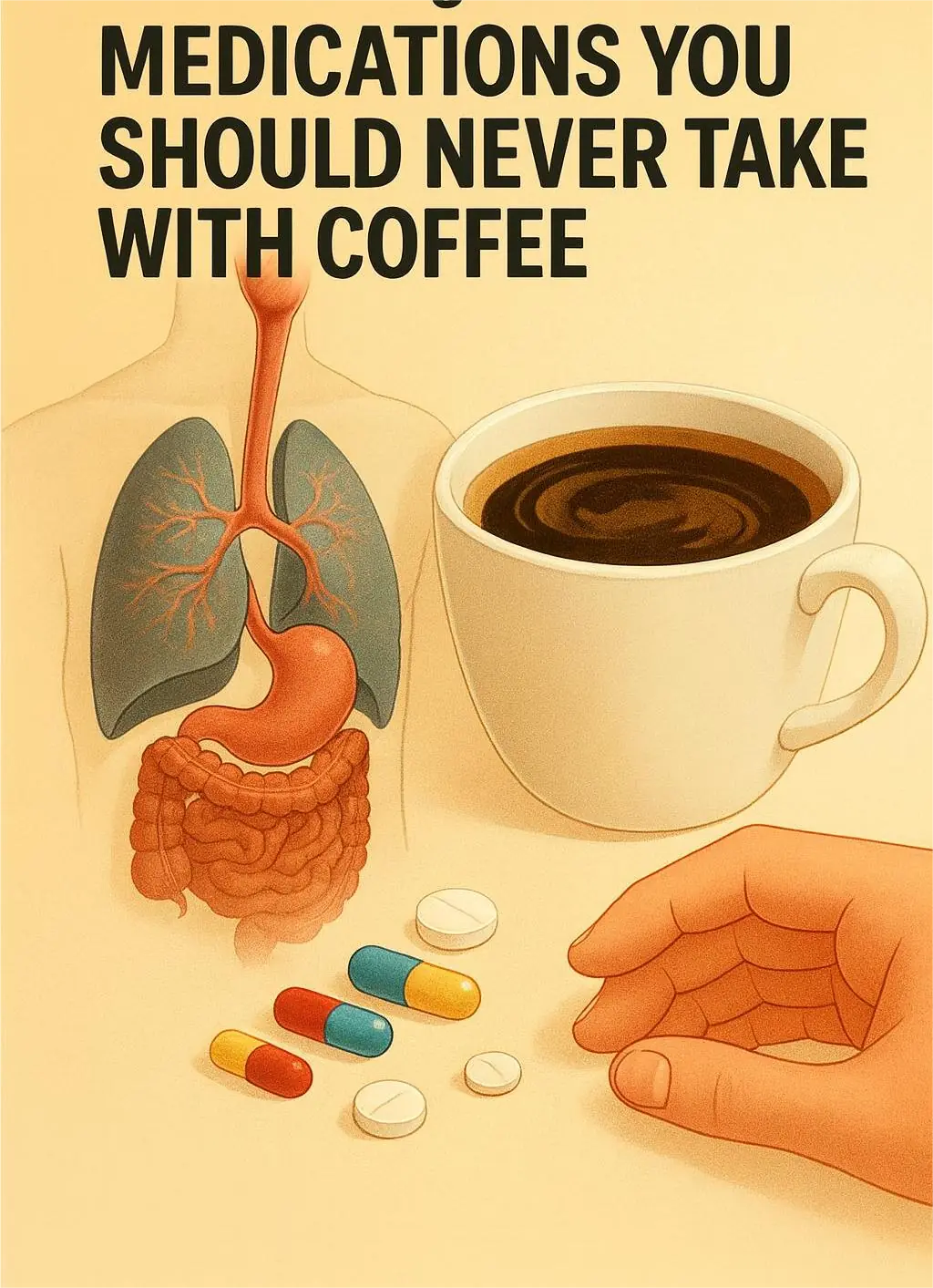
Doctors Warn: These 14 Signs Mean You’re Low on Magnesium
Magnesium is one of the most important minerals in the human body, playing a critical role in over 300 enzymatic reactions that support a wide range of bodily functions. From muscle and nerve function to bone health and heart rhythm, magnesium helps keep our bodies functioning optimally. However, magnesium deficiency is a common issue that often goes unnoticed. This condition can lead to various physical and mental health problems, many of which may be misinterpreted as other health issues. Doctors warn that recognizing the early signs of magnesium deficiency can help prevent more serious health complications down the line.
One of the earliest signs of magnesium deficiency is muscle cramps or spasms. Magnesium is essential for muscle relaxation, and when levels are low, muscles may contract involuntarily. This can cause discomfort, especially during physical activity or at night. Similarly, another common symptom is fatigue. Low magnesium can lead to a lack of energy, making it harder to stay alert and active throughout the day.
Tingling or numbness in the hands and feet is another warning sign that magnesium levels may be low. Magnesium helps regulate nerve function, and when deficient, it can lead to nerve-related sensations. Additionally, magnesium plays a crucial role in heart health. A deficiency can cause irregular heartbeats or palpitations, which can feel like a fluttering sensation in the chest. These irregularities should never be ignored, as they can indicate a serious issue with heart rhythm.
Low magnesium levels can also manifest as mood changes. Magnesium helps regulate neurotransmitters in the brain, which influence mood and stress levels. As a result, magnesium deficiency is linked to symptoms of anxiety, irritability, and even depression. People with magnesium deficiency often report feeling unusually stressed or overwhelmed.
Another sign of low magnesium is difficulty sleeping. Magnesium helps the body relax and promotes the production of melatonin, the hormone responsible for regulating sleep cycles. Without enough magnesium, it can become challenging to fall asleep or maintain a restful sleep throughout the night. Furthermore, magnesium is important for maintaining healthy blood sugar levels. Deficiency can cause insulin resistance, which can lead to increased cravings for sugary foods, contributing to weight gain or the development of type 2 diabetes.
Headaches and migraines are also common symptoms of magnesium deficiency. Magnesium helps relax blood vessels, so when magnesium levels are low, it can cause constriction and lead to headaches. In more severe cases, chronic magnesium deficiency can lead to higher blood pressure, as the mineral helps relax blood vessels and improve circulation. Finally, if your bones feel more fragile or weak, magnesium deficiency might be the cause. Magnesium plays a key role in calcium absorption, and without enough magnesium, bones may lose density and become more prone to fractures.
In conclusion, magnesium is an essential mineral for maintaining overall health, and its deficiency can lead to a variety of health issues. From muscle cramps and fatigue to mood changes and heart irregularities, the signs of magnesium deficiency are widespread. If you experience any of these symptoms, it may be time to consult a healthcare professional and consider increasing your magnesium intake through dietary sources or supplements. Ensuring that your magnesium levels are in check is a simple yet effective way to support your health and prevent long-term complications.
News in the same category


10 Best Foods to Detox Your Kidneys and Protect Renal Health

The Power of Clove Steam Inhalation (Respiratory Relief You Can Feel Immediately)

Popular blood pressure drug linked to increased cardiac arrest risk

Powerful Health Benefits of Pineapple You Should Know

The Surprising Health Benefits of Sleeping in a Cold Room

High Blood Sugar Warning Signs

🥚 A Look at How Certain Boiled Egg Habits May Affect Your Heart Health

🌿 Clove Water Sitz Baths for Women: A Gentle Guide to Hygiene and Comfort

What Happens to Your Body When You Eat Canned Tuna Every Day

17 Warning Signs Your Liver Is Crying for Help

How to Support Your Kidneys Naturally Using 1 Teaspoon of Baking Soda

Fish oil cuts CV risk nearly in half for dialysis patients

The hidden heart danger doctors say is more common in people with diabetes

The surprising power of 4 seeds to repair your nerves naturally

Trial: mRNA Flu Vaccines More Effective Than Quad

3 Miracle Herbs to Instantly Lower Blood Pressure & Clear Arteries Naturally

The Surprising Uses of Lemon and Charcoal: A Natural Mix That May Change Your Daily Routine

The Green Bell Pepper Hair Growth Secret You NEED to Know

Eating eggs every day can help you live longer
News Post

MEDICATIONS YOU SHOULD NEVER TAKE WITH COFFEE

What You See First in This Optical Illusion Reveals A Lot

Why Your Dog Stares at You

10 Best Foods to Detox Your Kidneys and Protect Renal Health

Honeybee Venom Can Destroy Breast Cancer Cells in Under an Hour — A Breakthrough That Could Transform Modern Medicine

Love Can Literally Make Your Body Crave More Sleep — Here’s the Science Behind It

A Revolutionary German Gel May Repair Joints Naturally—Potentially Eliminating the Need for Surgery

The Power of Clove Steam Inhalation (Respiratory Relief You Can Feel Immediately)

Peter Tabichi: The Kenyan Teacher Who Became the World's Best by Inspiring Change and Giving Back

Reducing Meat Consumption by 90%: A Critical Step to Combat Climate Change and Ensure Global Sustainability

Revolutionary Nanobodies Offer New Hope for Alzheimer’s and Parkinson’s Disease Treatment

Gray Wolves: The Remarkable Lifelong Bond Between Mates and Their Role in Pack Survival

Sebastian Errazuriz’s Robotic Dogs: A Satirical Commentary on Tech Billionaires and the NFT Market

Voyager Spacecraft: A 40-Year-Old Marvel of Engineering Exploring Interstellar Space

Popular blood pressure drug linked to increased cardiac arrest risk

How the U.S. Escaped Hurricane Landfalls in 2025

Ancient Shark Fossils Unearthed in Mammoth Cave Rewrite 325 Million Years of Evolutionary History

Powerful Health Benefits of Pineapple You Should Know

How an Italian Police Lamborghini Huracán Helped Save Lives by Delivering Kidneys Across Italy
